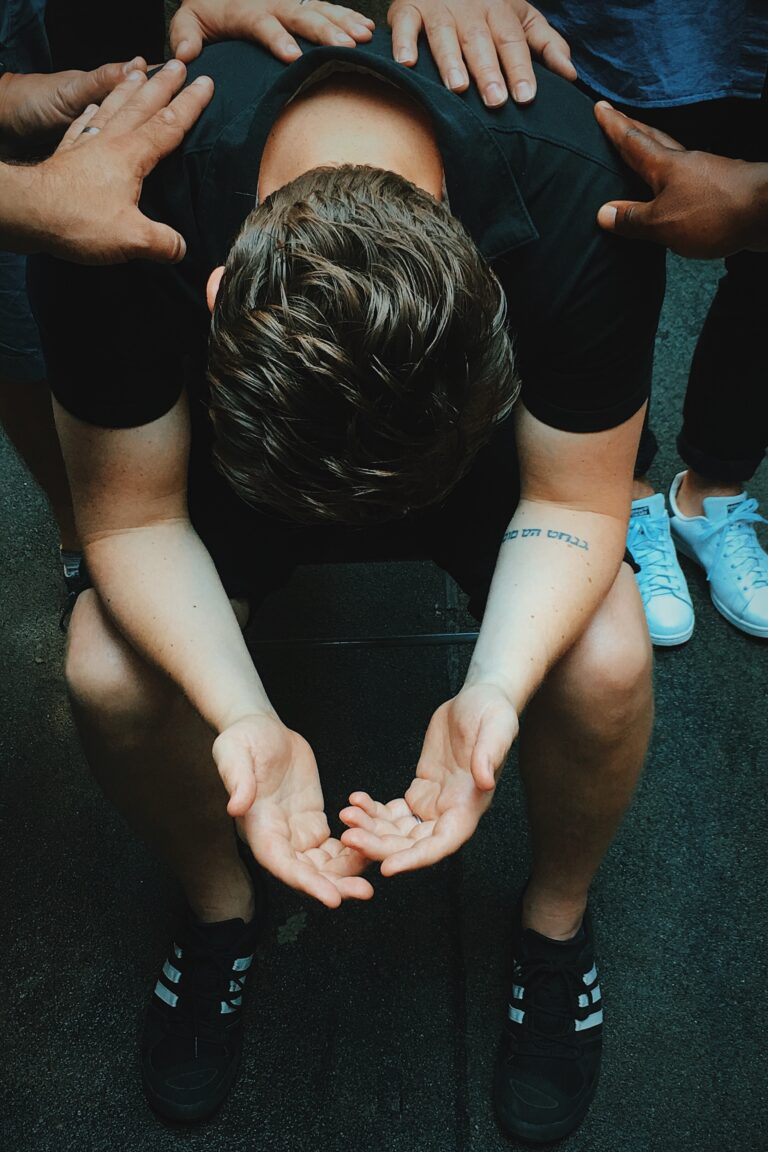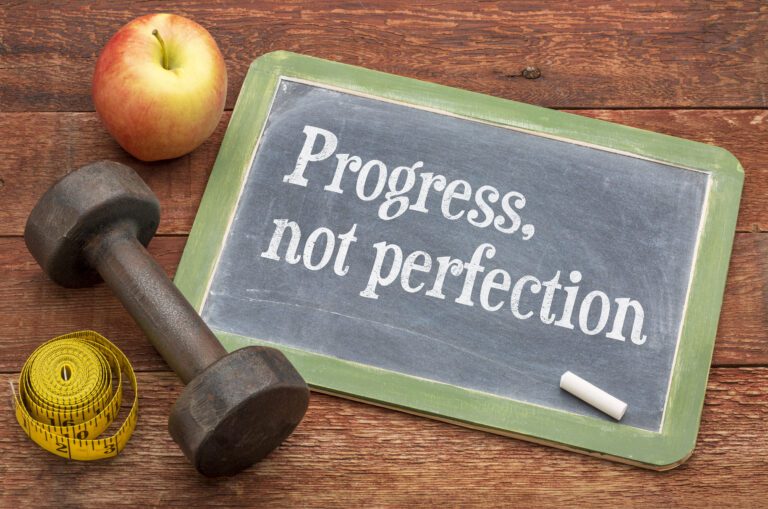Love And Bipolar Disorder – How Can You Tell the Difference?
Is it Love or Bipolar Disorder?
This is a legitimate question and concern for those of us living with bipolar disorder.
When you become hypomanic or manic, the intense feelings and desires can feel like love. I am not talking just about a casual attraction. If you have been in love, you understand the difference.
I am not a relationship expert, nor do I pretend to be. My roadmap is from my experience, and I will tell you based on that.
Finding Stability So You Can Find Love
An individual living with bipolar disorder is not constantly in the throes of an episode. Although, it can feel like that.
It takes time and work to reach a point of stability, but it is within your power to do so.
Once you find and follow a healthy treatment plan of medication, managing the side effects of medication, therapy, and healthy coping skills, you will find yourself feeling more stabilized.
Understand, though, that even if you are stable, there is a high degree of certainty you will experience another episode. However, you can successfully manage bipolar disorder with the right treatment and support. Generally speaking, your episodes will be fewer and far between. Plus, they will be at a decreased level of intensity.
Successfully treating bipolar disorder will not cure it. Rather, it will help you manage the symptoms of bipolar disorder so you can better function daily.
Is It Love?
Back to love.
When you are stable, it is easier to determine if what you are feeling is, in fact, love.
Most people who say they love someone, at first sight, are mistaking the initial feeling of lust as love. So, more than likely, the person is “in lust” and not “in love.” This is common if you’ve never experienced these intense feelings before.
I bring up lust because it is a feeling often mistaken for love, just like the manic (or hypomanic) feelings of bipolar disorder can mimic love. Keep that in mind.
Mania (and Hypomania) Mimic Love
Starting a relationship when you are hypomanic or manic is playing with fire. You feel an intense connection with everyone you come in contact with. It is an intensity that you cannot fully grasp unless you have experienced hypomania or mania.
It is hard to start any relationship when you are in the wrong state of mind. Going through a manic episode is not the time to start anything, let alone a relationship. You are literally “out of your mind.” It is not a foundation that can sustain any type of long-term, stable relationship.
It has been my experience that once I am out of an episode, the intensity of my emotions and feelings fizzles out. This is not everyone’s experience, but it is more the norm than the exception.
Find Your Healthy Self
When I was single, everyone told me to get into a good spot before pursuing any type of relationship. I needed to focus on getting myself healthy—both physically and mentally.
Doesn’t it seem like when you are not looking for a relationship, it seems to find you?
When you have bipolar disorder, it is in your best interest to simplify things when you can. Bipolar disorder is such a serious illness, so don’t further complicate things.
You can simplify things by focusing on the necessities of survival:
- Healthy Nutrition
- Activity
- Sleep
- Keeping Hydrated
- Proper Hygiene
It may seem easy and like common sense, but the majority of individuals have something that they can improve upon.
Your bipolar symptoms can exacerbate if any of those components are off-kilter.
If you can afford the proper attention to these aspects of your health, you will manage your bipolar disorder to a greater degree.
Whether you have bipolar disorder or not, focus on those basic building blocks of survival to lead a more fulfilling life.
Is It Love or Bipolar Disorder?
So what is the answer to the question, “Is it love or bipolar disorder?”
Find love when you are stable. Keep away from starting anything serious while manic or hypomanic. I have tried both on my journey.
One time, I was in a manic episode and chased the illusion that I was in love. I tried to convince myself the relationship was real. It wasn’t. I crashed after that manic episode, and reality quickly set in.
It is hard to pursue anything when both your head and heart do not match up, not to mention when you can’t figure out if it is your head or heart speaking to you.
Whatever you decide to do, please take care of yourself.
Your mental health should be your absolute top priority when you have a mental illness. Remember the importance of both your mind and body.
Define Yourself
If you do not already, I suggest you keep a mood journal.
A mood journal is a fantastic tool to help you track your bipolar disorder. It is a good way to show your doctor how you are doing without trying to remember everything.
Again, there is no need to complicate things. You only need a notebook or pad of paper.
Inside your mood journal, list the things that you feel are important.
For example, you can track your
- Mood
- Energy
- Motivation
- Activity
- Functionality
- Feelings
- Sleep
- Anxiety
- Stress Factors
- Hydration
The list may seem a bit overwhelming, so choose the components that you feel need your attention. You can write as little or as much as you need on each topic. If it is easier, use a number scale (i.e. 1-10) to indicate intensity or lack thereof.
With the help of your mood journal, doctor, and other support team members, and some serious introspection, you can better define yourself.
Last Thoughts
Even if you don’t have a mental illness, love is a complicated topic in and of itself. Add bipolar disorder to the mix, and it further clouds the issue.
Famous authors, poets, psychologists, and experts have all chimed in on love.
Once you understand the symptomology of your bipolar disorder, you will decipher your true feelings.
Remember stability?
When you create stability in your life, you can tackle anything.







